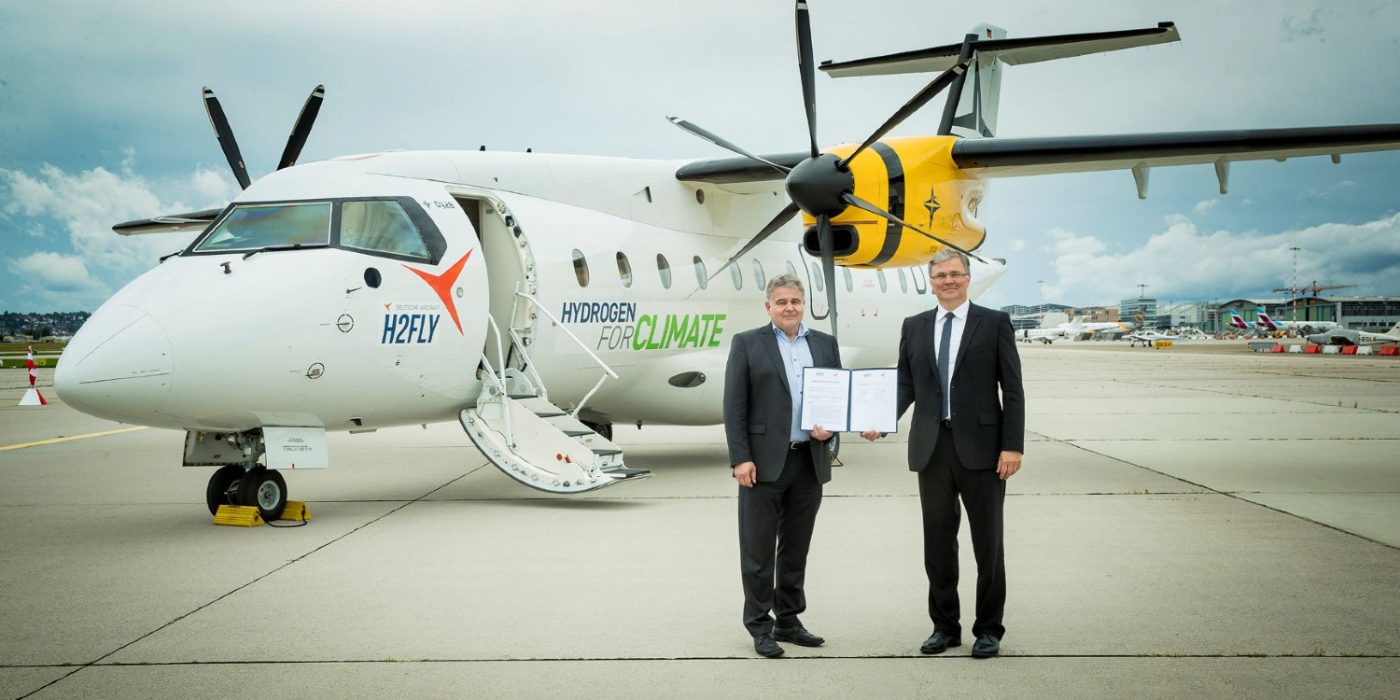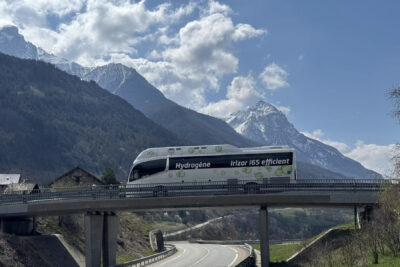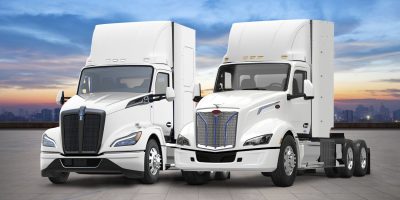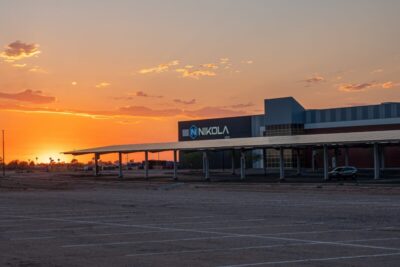H2FLY & Deutsche Aircraft working on regional hydrogen airplane
The two young German aviation companies H2FLY and Deutsche Aircraft want to establish the hydrogen fuel cell as a propulsion system in regional aviation. The two companies have set the goal of having a Dornier 328 take off as a hydrogen fuel cell aircraft in 2025.
++ This article has been updated. Kindly continue reading below. ++
According to the partners, the project should demonstrate the potential for climate-neutral regional flights and underline Germany’s leading role in hydrogen technology. H2FLY is a limited liability company that recently emerged from a partnership between the German Aerospace Center (DLR) and the University of Ulm. Deutsche Aircraft is a new German aircraft manufacturer that says it puts climate change at the heart of its design philosophy.
As part of their now publicised partnership, the duo is converting a Dornier 328 aircraft for hydrogen-electric passenger flight. The demonstration aircraft is scheduled to take off for the first time in 2025. “The program is expected to validate the potential for hydrogen to deliver climate-neutral regional air travel with up to 40 seats, while demonstrating German leadership in this important field,” the company writes.
H2FLY has already demonstrated the use of hydrogen fuel cells using the four-seat HY4 hydrogen-electric powered test aircraft. The first flight of the hydrogen passenger aircraft at Stuttgart Airport dates back to 2016; according to H2FLY, the model also holds the record for the longest flight ever powered by hydrogen fuel cells. In the meantime, the HY4 has made more than 70 take-offs. In March, the machine was presented with its sixth generation of propulsion. Thanks to a range of 750 kilometres, it could “open up the market for regional flights in particular”, according to the project initiators.
From the partners’ point of view, the newly signed letter of intent with Deutsche Aircraft now marks the next step on the way to climate-neutral regional flights. The teams plan to equip the demonstration aircraft with a hydrogen system with an output of 1.5 MW – “the most powerful hydrogen-electric-powered aircraft to date”, according to the company. The two companies will work together to integrate the energy system into the aircraft and to define the technical specification and certification requirements for fuel cell systems in EASA’s large aircraft class (“CS25”).
According to Josef Kallo, co-founder and CEO of H2FLY, flying represents “an incredibly important opportunity for humankind, but today that opportunity comes at a significant cost to our planet”. Hydrogen fuel cell technology offers the possibility of regional flights becoming completely CO2 and nitrogen oxide free – and this technology is already available today, he said. “Over the last 16 years we have worked hard to demonstrate our technology on smaller aircraft, completing record breaking flights based six powertrain generations. Today we’re pleased to be taking that to the next level with Deutsche Aircraft as we scale our efforts up to regional aircraft.”
“Deutsche Aircraft is convinced that the higher propulsive efficiency of propeller powered aircraft will drive the change in propulsion technology and will result in reducing fuel consumption and emissions even further in the future,” adds Martin Nüßeler, CTO of Deutsche Aircraft. The combination of this type of propulsion with a long-term CO2-free energy source is the key to climate-neutral air transport.
Representatives of Flughafen Stuttgart GmbH and the German government also have their say in the partners’ statement. The former, as Stuttgart Airport acts as a location partner with test flight permits (for the HY4, for example), and the latter, as the new H2 regional aircraft project by H2FLY and Deutsche Aircraft is intended to advance the German government’s aviation strategy.
Walter Schoefer, spokesman for the management of Flughafen Stuttgart GmbH, comments: “The process of transforming aviation into a climate-friendly form of air transport is now gaining momentum in a tangible way. This partnership combines pioneering spirit and world-class science with decades of experience in aircraft engineering. We are convinced that this is a milestone on the road to zero-emission aircraft. As an airport, we are called to act as an enabler on this path. As fairport, we want to continue to be a pioneer in the area of sustainability.”
Thomas Jarzombek, the Federal Government’s Coordinator for German Aerospace, adds: “From 2035 onward hybrid-electric flying has to be the new standard in Germany. I am happy about the agreed technological cooperation for a sustainable aviation made in Germany. The German Government will continue to support this path to innovation with its R&D funding program aiming to let the vision of a Zero-Emission Aircraft become reality.”
Update 20 April 2022
The HY4 hydrogen test aircraft, lead developed by the German aviation company H2FLY, landed for the first time a few days ago far from its home airport of Stuttgart (STR). Specifically, the aircraft flew to Friedrichshafen Airport (FDH) 124 kilometres away. There, the HY4 will be exhibited at this year’s AERO Friedrichshafen trade fair at the end of April.
So far, the tests of the HY4 have taken place exclusively in a sightseeing flight in the test area around Stuttgart Airport. The transfer flight was followed by a high-altitude flight with the first-ever flight above 7,230 feet (about 2,200 metres), which H2FLY claims is a new world record for hydrogen-electric passenger aircraft.
With reporting by Cora Werwitzke, France.
deutscheaircraft.com, aero-expo.com (update)





1 Comment